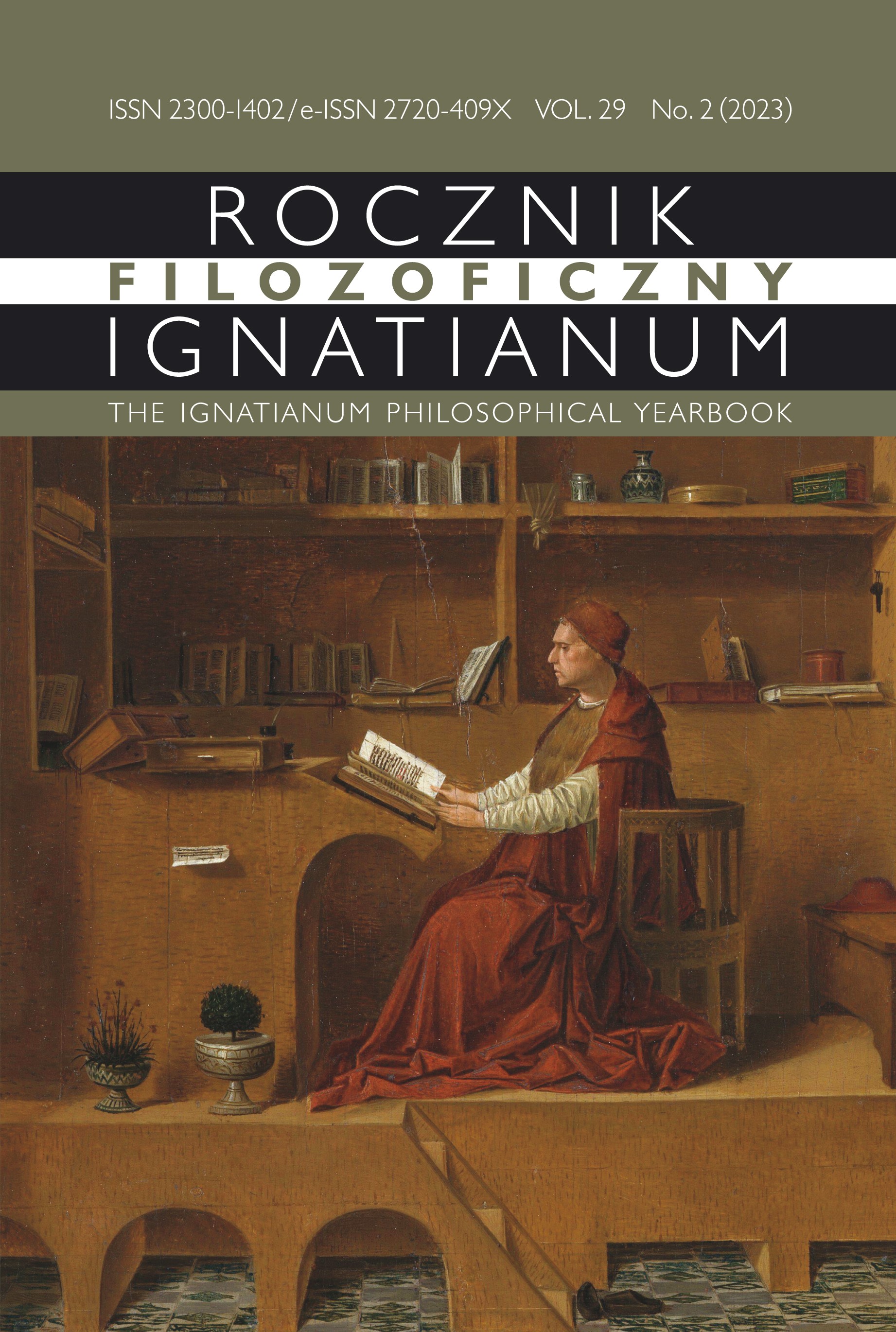Geopolityczne uwarunkowania Transatlantyckiego Partnerstwa w Dziedzinie Handlu i Inwestycji
Abstract
Artykuł zawiera rozważania na temat międzynarodowych czynników wpływających na kształt negocjacji umowy handlowej Transatlantyckiego Partnerstwa w Dziedzinie Handlu i Inwestycji (TTIP – Transatlantic Trade and Investment Partnership) pomiędzy USA a UE. Na początku zostanie omówiona kwestia wzrostu potęgi gospodarczej Stanów Zjednoczonych po II wojnie światowej oraz Unii Europejskiej po jej powstaniu w latach 90. XX wieku. Omówione zostaną poszczególne elementy TTIP, wokół których odbywały się poszczególne rundy negocjacyjne. Są one bardzo ambitne oraz mają na celu związać gospodarczo obszar po obydwu stronach Atlantyku. Najistotniejszym z nich jest wskazanie specyfiki handlowej partnerów transatlantyckich i wyraźne ukazanie różnic w prawodawstwie amerykańskim oraz unijnym w tym zakresie. Przedstawienie immunitetu państwa ma służyć opisaniu trudności, na jakie były narażone poszczególne państwa członkowskie Unii Europejskiej w kontekście parafowania umowy. Przysługuje on państwu jako podmiotowi prawa międzynarodowego, będąc atrybutem jego suwerenności oraz niezależności. Nie podlega on ograniczeniu przez inne państwo, a ewentualne ograniczenie immunitetu lub rezygnacja z niego może się odbyć wyłącznie za zgodą państwa, którego ta sytuacja dotyczy. Ostatnią z omawianych kwestii jest przedstawienie poszczególnych grup lobbingowych, które regularnie oddziaływały na Komisję Europejską prowadzącą negocjacje ze stroną amerykańską. Największe i najbardziej liczące się korporacje międzynarodowe oraz przedsiębiorstwa mają swoją reprezentację w liczących się grupach lobbingowych. Ich nacisk na organy reprezentujące zarówno Stany Zjednoczone, jak i Unię Europejską jest bardzo duży, stąd można wysnuć wniosek, że w negocjacjach dotyczących Partnerstwa Transatlantyckiego interes prywatny góruje nad reprezentantami interesu publicznego. W aspekcie międzynarodowym takie ustalenia mogą wzmocnić pozycję USA i UE w znacznym stopniu, ale wiąże się to z zagrożeniami dla konsumentów.
Copyright (c) 2023 Akademia Ignatianum w Krakowie

Dieses Werk steht unter der Lizenz Creative Commons Namensnennung - Keine Bearbeitungen 4.0 International.
Rocznik przyjmuje do druku wyłącznie materiały, które nie wchodzą w żaden konflikt interesów, żaden konflikt z prawem autorskim itp. Redakcja prowadzi działania przeciw: plagiatom, ghostwriting1, guest/honorary authorship2 itp. Autor pracy zbiorowej, który jest pierwszy na liście, bierze na siebie odpowiedzialność i ma obowiązek przedstawić wkład wszystkich współautorów. Jeśli publikacja powstała dzięki dedykowanym środkom finansowym, należy ujawnić to np. w Podziękowaniu, przypisie itp. Ew. przedruki wymagają jawnego zgłoszenia i okazania odpowiedniego pozwolenia wydawniczego. Autorzy / Recenzenci nierzetelni narażają się na reakcję właściwą stosownym instytucjom.
______
1 Ma to miejsce, gdy osoba mająca istotny wkład jest pominięta na liście Autorów czy w Podziękowaniu.
2 Zachodzi, gdy na liście autorskiej pojawia się osoba mająca znikomy/żaden udział w pracy.





